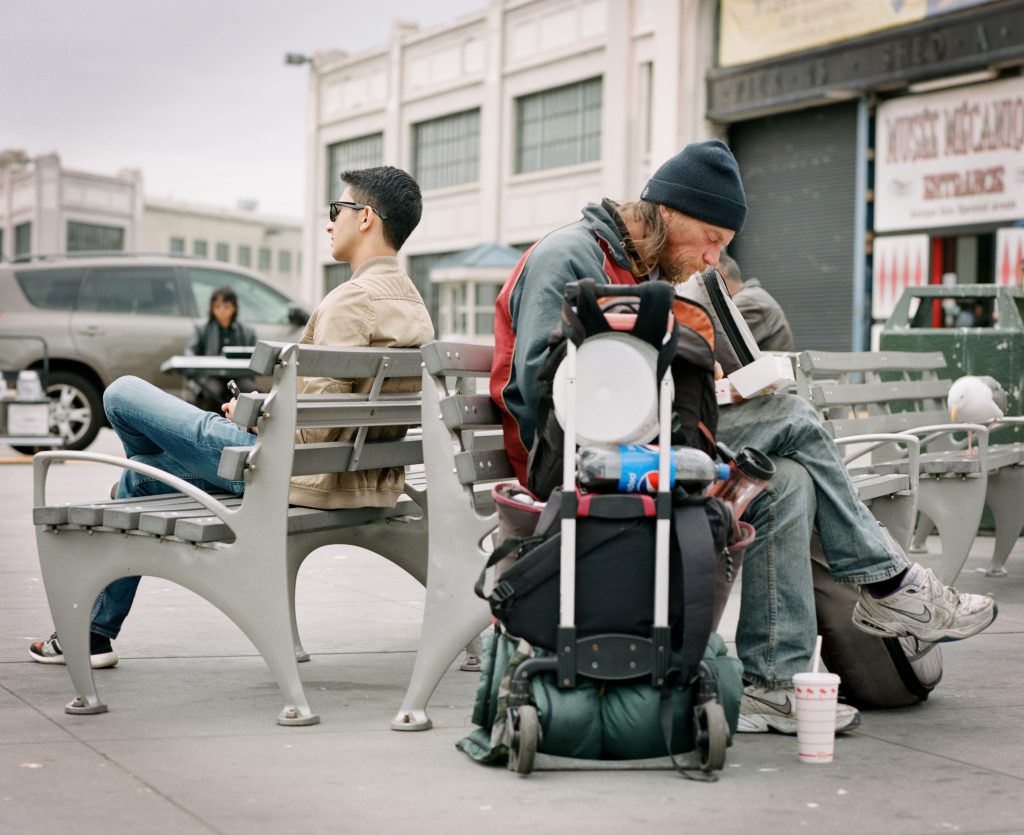
How Do We Create Inequality?
Article by Shivam Maharaj
Photo by Benjamin Disinger on Unsplash
Since the birth of civilisation 6000 years ago societies have created imagined social orders in order to organise the distribution of power and resources. These social orders inherently create resource inequality between those at the top of the hierarchy and those at the bottom. Consequently, inequality is one of the most universal characteristics found amongst all settled societies. Is the universality of resource inequality evidence that it is an inevitable feature of society or is it a trend in the way humans have chosen to structure their societies? This raises the question, if we can create societies with structural features leading to high amounts of inequality who is to say we can’t restructure and change our societies in order to reduce it?
As the millennia have passed inequality has remained a consistent companion of civilisation. From feudal lords to Jeff Bezos it seems that humanity has been unable to reduce the gap between the upper crust of society and the average person. Richard Wilkinson’s 2010 book ‘The Spirit Level : Why Equality is Better for Everyone’ states that ‘the poorest half of the population get … 25% of all incomes and the richest half get the remaining 75% or 80%’ (1). According to the World Bank in 2022, 9.3% of the world’s population were living in what they call ‘extreme poverty’ which is defined as those living on less than $2.15 per day (2). These statistics, if not just depressing, illustrate the point that economic inequality across the globe is far too pronounced to be caused by social Darwinism. Some ardent supporters of capitalism argue that the richest in our societies have achieved their success as the result of their natural intellect and work ethic in the supposedly meritocratic system of free market capitalism. If we assume society truly is meritocratic, can it really be argued that billionaires are 100s of times smarter, more hard-working and economically productive compared to their average employee? If inequality isn’t a result of differences in natural ability or personal merit then what are its causes and why does the gap between the super-rich 10% and the other 90% of us seem to be expanding?
I would argue that it is the economic and political features of our modern societies that create and maintain the disparity between the top 10% and the bottom 90%. The influence of the wealthy and powerful over the laws and governance of society ultimately means that capital and political influence are concentrated at the top of the social hierarchy. An example of this could be the introduction of neoliberal economics/politics as a guiding principle of governance in Western nations. Neoliberalism as a political ideology is characterised by its unwavering faith in the free market and its mistrust of state involvement in the economy. Since the 1980s policies that are a result of neoliberal logic, such as austerity, have increased inequality within developed nations such as the UK and USA by defunding the welfare state that the poorest in society need to survive and improve their lives.
Global institutions championing free market economics, such as the IMF and World Bank, can be criticised for implementing policies that increase inequality between high-income and low-income nations (3). An example of this could be the structural adjustment programmes that the IMF implement as conditions to receive loans. These ‘structural adjustments’ often involve deregulating the economy and opening up the nation for foreign direct investment by large Western transnational corporations(TNCs). This results in more global inequality as the profits produced by the TNCs are sent back to already developed nations where the companies are based and the dominance of the TNC means that local businesses are unable to compete. This ultimately means that developing nations are reduced to sources of natural resources and cheap labour which can be exploited by those who are already wealthy. This supports the idea that economic inequality is self-reinforcing and without the intervention of regulation this form of capitalism will trend towards making the gap between the richest and poorest larger on a national and international scale.
In this piece, I have attempted to provide examples of how there are certain policies that governments implement that directly contribute to increasing inequality. Many of these policies are designed and implemented by those who directly benefit from them. This is why we should remain wary of explanations of inequality that blame poverty on those who are impoverished rather than the structural features of society.
Footnote:
(1) Wilkinson, R.G. (2010) The spirit level : why equality is better for everyone. London : Penguin
(2) https://www.worldbank.org/en/topic/poverty/overview
(3) Bakan, J. (2004) The corporation : the pathological pursuit of profit and power. New York : Free Press

0 Comments